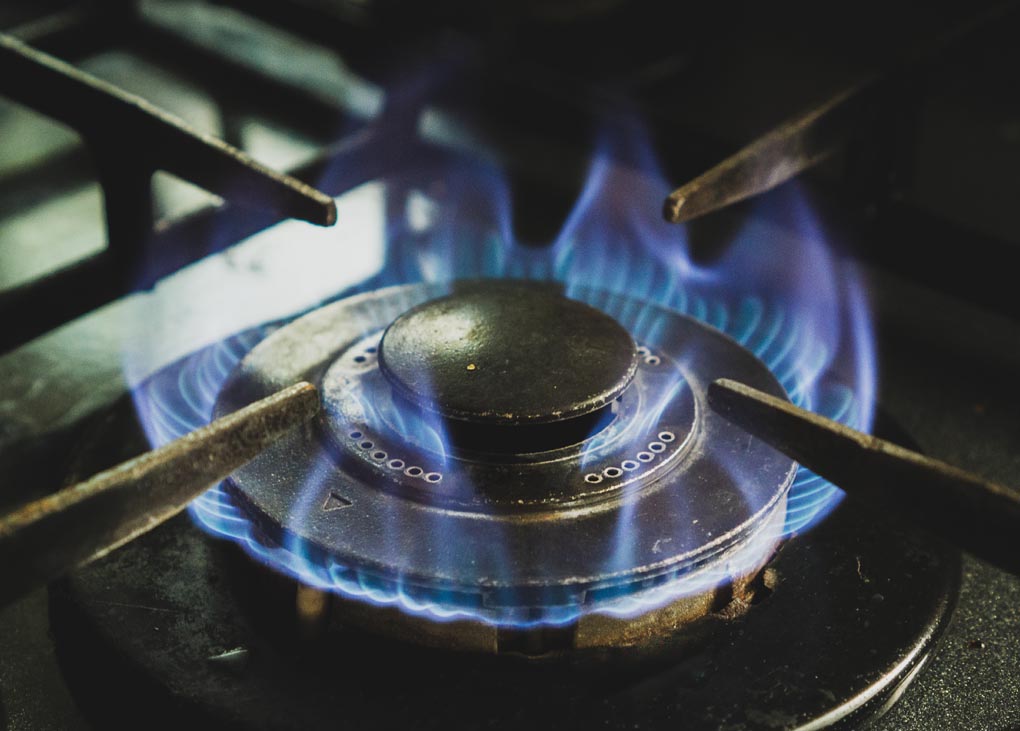A new report highlighting the health impacts from gas stoves and the subsequent suggestion of potential product bans has sparked radical reactions in the US.
The brouhaha began with the release of a study from the Rocky Moutain Institue (RMI), which links gas stoves in US homes to 13 per cent of the country’s childhood asthma cases. The research found that these appliances emit pollutants such as benzene, nitrogen dioxide and carbon monoxide, which have been linked to respiratory problems including asthma. The study compared the use of gas stoves in the home to the risks associated with household second-hand smoke.
As mainstream media picked up on the report, one commissioner of the US Consumer Product Safety Commission (CPSC) suggested that the manufacture and installation of gas stoves may need to be more tightly regulated. Among many outraged responses, congressman Ronny Jackson tweeted: “If the maniacs in the White House come for my stove, they can pry it from my cold dead hands.”
Despite the tirades, the RMI report adds to a growing body of evidence debunking the old belief that “cooking with gas” is something positive.
Even before the latest controversy erupted, a global coalition of property companies, climate organisations, and professional chefs was calling for a phase-out of gas cooking appliances in commercial and domestic kitchens.
Locally, the Green Building Council of Australia (GBCA) supports the Global Cooksafe Coalition, which is pushing for a switch to all-electric stoves. GBCA recently launched an Australian campaign with its report The Future of Cooking is Electric.
Property giants Lendlease and GPT both committed to Australia’s most ambitious gas-cooker target yet: no gas stoves in new developments by 2030, and all-electric retrofits of existing properties by 2040.
GBCA CEO Davina Rooney says it’s heartening to see top chefs like Neil Perry standing alongside large property companies like Lendlease and GPT.
“Now we need to see others in the industry follow suit with similar commitments because the impact of gas on the climate and on human health can’t be sustained,” says Rooney.
Ann Austin, Head of Sustainability, Lendlease Australia, says Lendlease is serious about reducing carbon emissions.
“While the transition to electric cooking will take time, we’ve already committed our new Victoria Cross Tower in Sydney to being all electric, and we’re looking forward to working alongside our Coalition partners to drive and accelerate industry change.”
Natural gas use in buildings accounts for 15 per cent of all operational emissions – around 14 million tons of CO2 a year – while toxic pollutants including nitrogen dioxide, formaldehyde and benzenes from gas cooktops seep into kitchens and homes and have an enormous health impacts.
“With decades of research documenting the risk that these substances pose to our health, we must act now to transition to clean, safe electric cooking,” says Rooney.



Leave a Reply